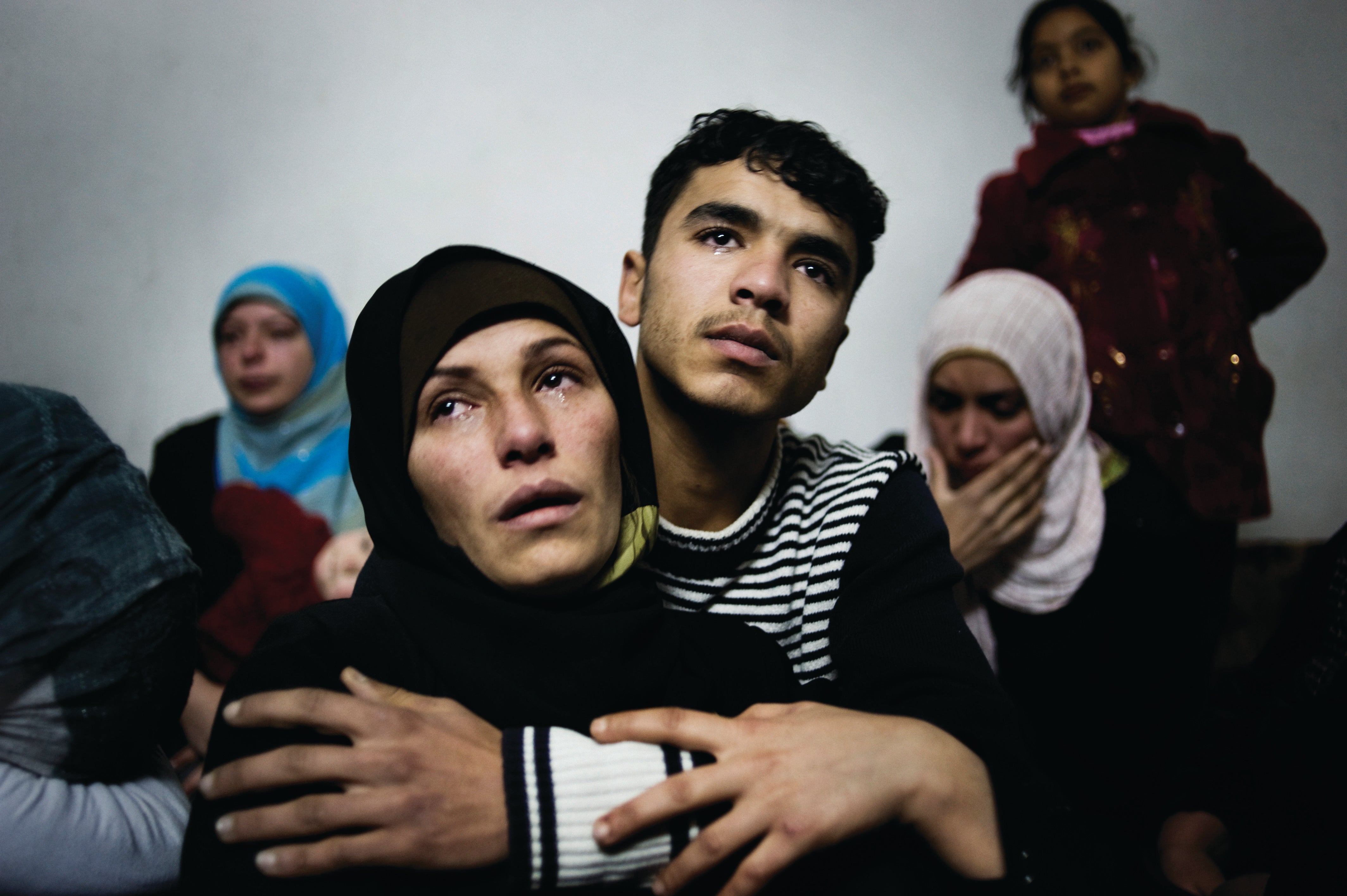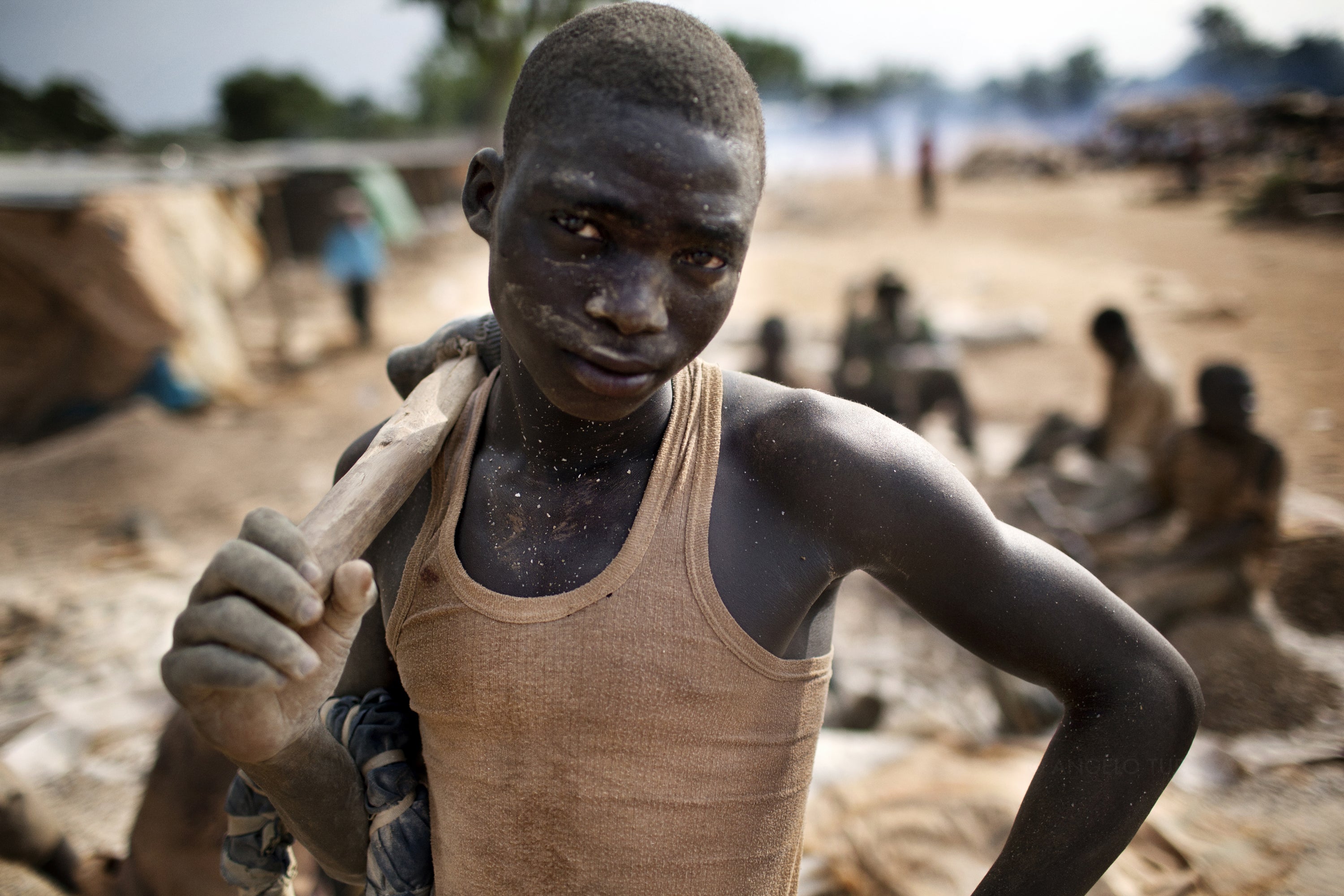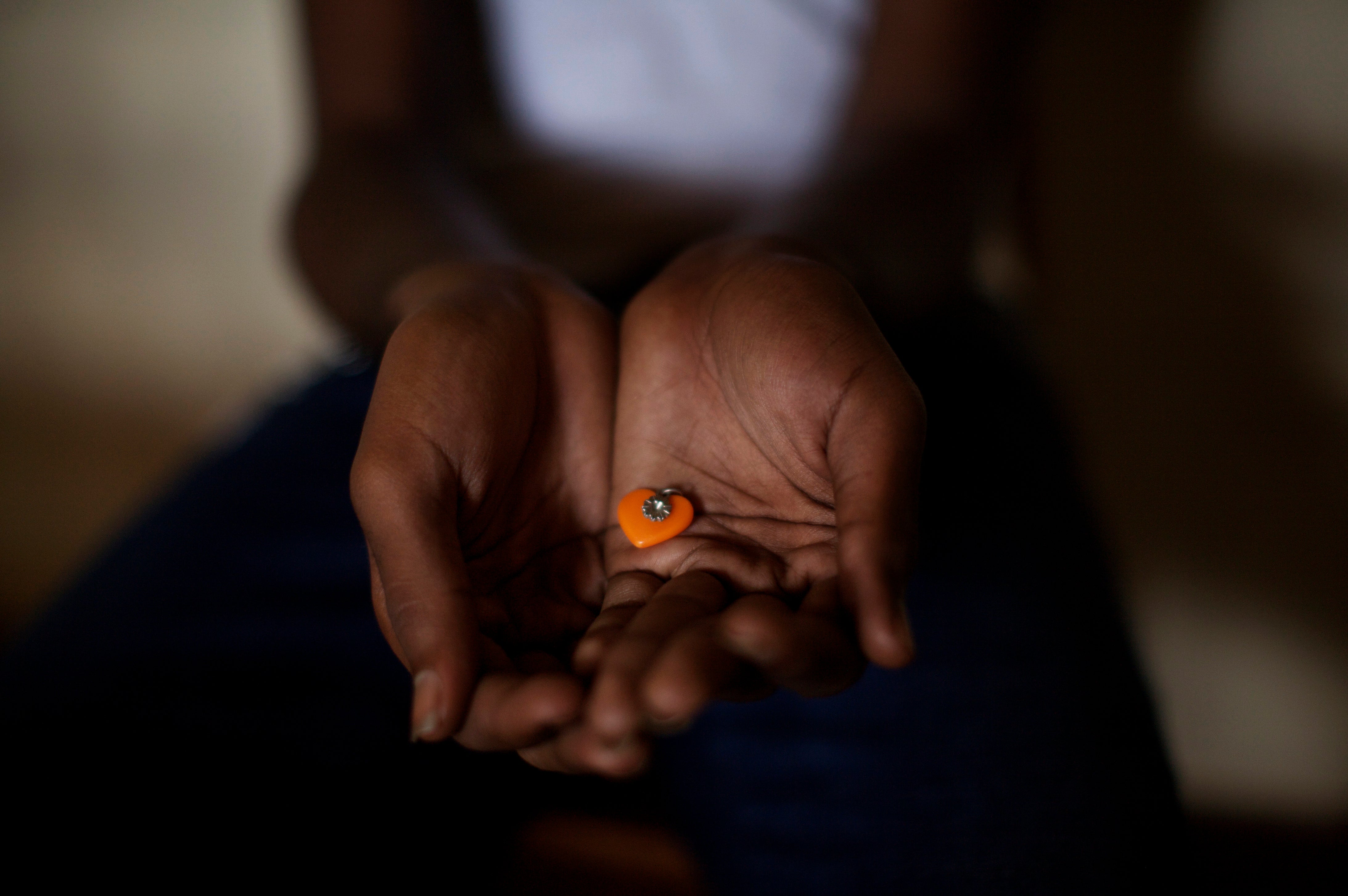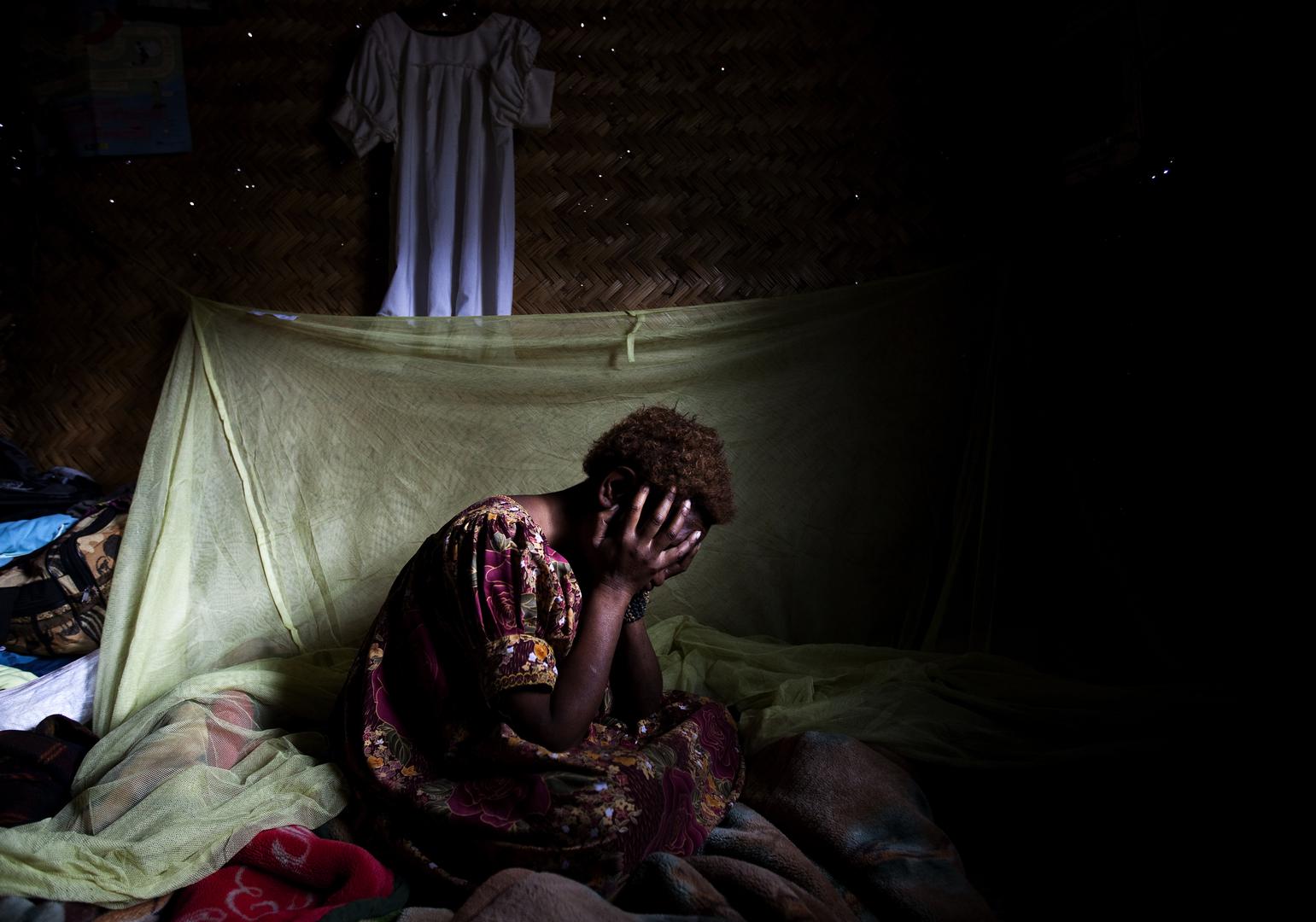Turkey’s Justice and Development Party (AKP) government maintained economic growth in 2012 despite a slowdown, and a strong focus on developing a leading regional role, but failed to take convincing steps to address the country’s worsening domestic human rights record and democratic deficit. Prosecutors and courts continued to use terrorism laws to prosecute and prolong incarceration of thousands of Kurdish political activists, human rights defenders, students, journalists, and trade unionists. Free speech and media remained restricted, and there were ongoing serious violations of fair trial rights.
Cross-party parliamentary work on a new constitution to uphold the rule of law and fundamental rights continued, although it was unclear at this writing whether the government and opposition would reach a consensus on key issues such as minority rights, fundamental freedoms, and definition of citizenship.
In March, parliament passed legislation to establish a National Human Rights Institution, and in June, an ombudsman institution to examine complaints against public officials at every level. Human rights groups criticized government control of appointments to the national institution’s board and its failure to meet the test of independence from the government that United Nations guidelines recommend.
With the AKP condoning the mass incarceration of Kurdish activists, and the outlawed Kurdistan Workers’ Party (PKK) escalating attacks, 2012 saw a spiraling descent into violence with armed clashes resulting in hundreds of deaths of soldiers and PKK members, significantly higher than recent years. Throughout 2012, the PKK kidnapped security personnel and civilians, including local politicians, one parliamentarian, and teachers, releasing them periodically. A suspected PKK attack in Gaziantep in August left nine civilians dead, including four children. The non-resolution of the Kurdish issue remained the single greatest obstacle to progress on human rights in Turkey.
Turkey was amongst neighbouring countries most affected by the armed conflict in Syria. By mid-October 2012, the number of Syrian refugees hosted by Turkey had risen to around 100,000. Turkey responded to an October cross-border mortar attack from Syria that killed five Turkish citizens in Akçakale with military fire, and the Turkish parliament authorized the use of military force against Syria.
Freedom of Expression, Association, and Assembly
While there is open debate in Turkey, government policies, laws and the administration of justice continue to lag behind international standards. Prosecutors frequently prosecute individuals for non-violent speech and writing, and politicians sue their critics for criminal defamation. Courts convict with insufficient consideration for the obligation to protect freedom of expression. The government has yet to carry out a comprehensive review of all existing laws that restrict freedom of expression, although a draft reform package was expected in late 2012 at this writing.
The so-called third judicial reform package came into force in July 2012. It ends short-term bans of newspapers and journals, which the European Court of Human Rights (ECtHR) has criticized as censorship. The law suspends investigations, prosecutions, and convictions of speech-related offenses carrying a maximum sentence of five years that were committed before December 31, 2011, provided the offense is not repeated within three years. Critics fear the threat of reinstatement will continue to muzzle debate.
Thousands charged with alleged terrorism offenses remained in prison throughout their trials, although some well-known figures like academic Büşra Ersanlı, publisher Ragip Zarakolu, and journalists Ahmet Şık and Nedim Şener were released, though still face terrorism charges for activities amounting to exercising their rights to non-violent expression and association. Most of those in prison are Kurdish activists and officials of the Peace and Democracy Party (BDP) standing trial for alleged links to the Union of Kurdistan Communities (KCK/TM), a body connected with the PKK, and in general the ongoing clampdown on the BDP and Kurdish political activism intensified in 2012 with repeated waves of mass arrests and prolonged imprisonment. The trial of 44 Journalists and media workers (31 in detention) began in Istanbul in September. They are among the many journalists, students, lawyers, trade unionists, and human rights defenders imprisoned and prosecuted for association with the KCK.
There was little progress in the main Diyarbakır KCK trial of 175 defendants. The 108 defendants who have been in custody for up to three-and-a half-years include Human Rights Association Diyarbakir branch head Muharrem Erbey, six serving local BDP mayors, several local BDP council members, and five elected BDP parliamentarians.
Two parliamentarians from the Republican People’s Party and one from the Nationalist Action Party, defendants in the Ergenekon and Sledgehammer trials, discussed below, are also in prison and unable to take up their parliamentary seats. Holding elected politicians, who have not been convicted of an offence, in prolonged pre-trial detention and failure to ensure they receive a prompt trial in line with international standards undermines the right to political representation and participation.
The July reform package also introduced and encouraged alternatives to remand imprisonment pending trial. But there were no indications that courts apply this to those already held in prolonged prison detention under terrorism charges. Statistics from the Ministry of Justice from May, the most recent data available, indicated that 8,995 of the 125,000-strong prison population were charged with terrorism offenses, and that half of the 8,995 were awaiting an initial verdict.
Violence against Women
In March, parliament passed the new Law on the Protection of the Family and Prevention of Violence against Women, aiming to offer protection from violence and practical support to family members and all women regardless of marital status, and to establish local centers to implement and monitor the law’s application. Violence in the home remained endemic, with police and courts regularly failing to protect women who have applied for protection orders.
Torture, Ill-Treatment, and Use of Lethal Force by Security Forces
Police violence against demonstrators and in public places remained a serious problem. Authorities often mask the problem by investigating individuals who report police abuse for resisting police dispersal or police orders rather than their complaints.
In June, a cell phone video captured a group of uniformed police officers in Istanbul attacking and beating Ahmet Koca, a 22-year-old man. The incident reportedly began with an altercation between the police and Koca over right of way. The General Security Directorate’s inspectorate imposed disciplinary sanctions on seven of the eleven police officers involved, including docking wages and reassigning them to other provinces, but did not dismiss any. The prosecutor’s criminal investigation against them was pending at this writing. In contrast, following police complaints, a separate prosecutor indicted Koca for resisting police during the same incident. He faces up to five years’ imprisonment in a trial that was expected to begin in December.
The government’s July decision to promote police officer Sedat Selim Ay to a senior position in the Istanbul Security Directorate’s Anti-Terror Branch provoked media and opposition-party criticism and seriously conflicts with efforts to eradicate torture and impunity. Selim Ay avoided final conviction for torture, despite the findings by two domestic courts that he had committed torture in the 1990s when working as an officer in the anti-terror branch, only because one case exceeded the statute of limitations in force and another sentence was suspended. He or his unit were the subject of European Court of Human Rights (ECtHR) rulings in 2006, 2009, and 2010 that Turkey failed to prevent, conduct effective investigations into, or provide a remedy for torture.
Combating Impunity
Great obstacles remain in securing justice for victims of abuses by police, military, and state officials. There was no progress in uncovering the full plot behind the January 2007 murder of journalist Hrant Dink or probing state collusion, though in January 2012 an Istanbul court convicted Yasin Hayal of “directing” Ogun Samast (already convicted of the murder in a juvenile court) and others as accessories to murder. The Dink family immediately appealed these findings and called for a new investigation.
In December 2011, a Turkish airforce aerial bombardment killed 34 Kurdish villagers, many of them young people and children, near Uludere, close to the Iraqi-Kurdistan border, as they crossed back into Turkey with smuggled goods. Concerns that there had been an official cover-up were fuelled by repeated statements by the prime minister rejecting calls by media, opposition parties, and families of victims for a full explanation of the incident, lack of a public inquiry, and a protracted criminal investigation that had not concluded at this writing.
Increasing public discussion of the past, and emerging new information on past crimes, provided new momentum for criminal investigations into human rights abuses by state actors in the 1980s and 1990s. In October, a brigadier general stood trial for the murder or disappearance of 13 villagers in Derik, in southeast Turkey, in the early 1990s. Without government-initiated reform of statutes of limitations some cases of murder and torture are likely to be deemed time-barred for prosecution under applicable laws. Fair trial standards also require strengthening. The trial of the two surviving leaders of the September 12, 1980 military coup began in April, an important opportunity to secure justice for the gross human rights violations committed after the coup.
The trial of the alleged anti-AKP coup plotters (known as the Ergenekon gang) whose defendants include senior retired military, police, mafia, journalists, and academics, continued after separate proceedings were combined in April into one trial. In a related coup plot trial of serving military personnel (known as the Sledgehammer case), 324 out of 365 defendants received sentences of 13 to 20 years. All defendants were appealing their sentences at this writing. The serious fair trial concerns in these cases and the prolonged pre-trial detention of some defendants overshadowed the important contribution of these efforts to combat impunity of the military.
Key International Actors
Turkey’s European Union accession negotiations remained stalled. The election of France’s President François Hollande helped to improve French-Turkish relations. In October, the European Commission in its annual progress report voiced strong criticism in most areas relating to human rights, emphasizing the importance of work on a new constitution, and stressing “the Kurdish issue remains a key challenge for Turkey’s democracy.”
The United States government remains an important influence on Turkey, sharing military intelligence on PKK movements in northern Iraq. In May, the State Department’s annual human rights report raised deficiencies in the justice system, free speech, and inadequate protection of women, children, and lesbian, gay, bisexual, and transgender (LGBT) persons as key concerns.
In January, a groundbreaking report by the Council of Europe (CoE) commissioner for human rights focused on “long-term, systemic problems in the administration of justice,” and its negative impact on human rights.
In its October review of Turkey, the UN Human Rights Committee recommended reforms including amending the National Human Rights Institution law, introducing comprehensive anti-discrimination legislation, and addressing the vagueness of the definition of terrorism in law and prolonged pretrial detention.




